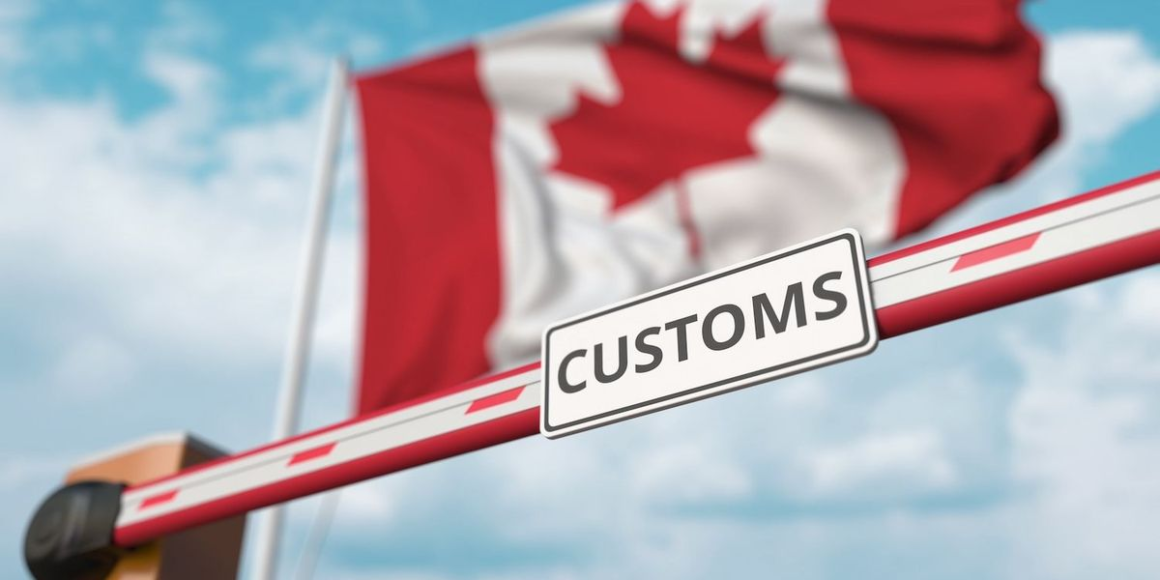Canada will impose a 100 percent tariff on Chinese electric vehicles (EVs), following the lead of the US and EU in a move geared at addressing concerns over China’s trade practices within the sector.
“Actors like China have chosen to give themselves an unfair advantage in the global marketplace, compromising the security of our critical industries and displacing dedicated Canadian auto and metal workers,” he stressed.
Trudeau added that the new tariffs are necessary to protect Canada’s domestic industries from the effects of overcapacity driven by China’s state-directed production policies. In addition to the EVs restrictions, the Canadian government will impose a 25 percent surtax on imports of steel and aluminum products from China.
Canada’s EV announcement aligns with the growing trend of western nations implementing trade barriers to counter what they see as China’s overproduction of materials and undercutting of domestic markets.
“The U.S. does believe that a united front, a coordinated approach on these issues benefits all of us,” he noted.
The tariffs on EVs are set to take effect on October 1, while the steel and aluminum surtax will begin on October 15.
As the northern neighbor of the US, Canada is highly integrated with the country, particularly in the automotive sector, with more than 75 percent of Canada’s vehicle production being exported to the US.
Although Tesla does not disclose specific figures related to its exports from China to Canada, the Vancouver port recorded a 460 percent increase in automobile imports from China in 2023, reflecting Tesla’s increased shipments.
In addition to the tariffs on EVs, Canada is considering further measures against Chinese imports.
Deputy Prime Minister Chrystia Freeland announced that a 30 day consultation will be held to assess the possibility of implementing tariffs on Chinese batteries, battery parts, semiconductors, critical minerals and solar panels.
At the time of this writing, the Chinese government had not responded to the tariff announcement.
While the ban was lifted in 2022, analysts believe China may take similar actions in response to the new tariffs on EVs. Guy Saint-Jacques, a former Canadian ambassador to China, told the Associated Press that Canada could face retaliation in other sectors, as China may seek to take action “to send a message.”
Securities Disclosure: I, Giann Liguid, hold no direct investment interest in any company mentioned in this article.


Leave a Reply